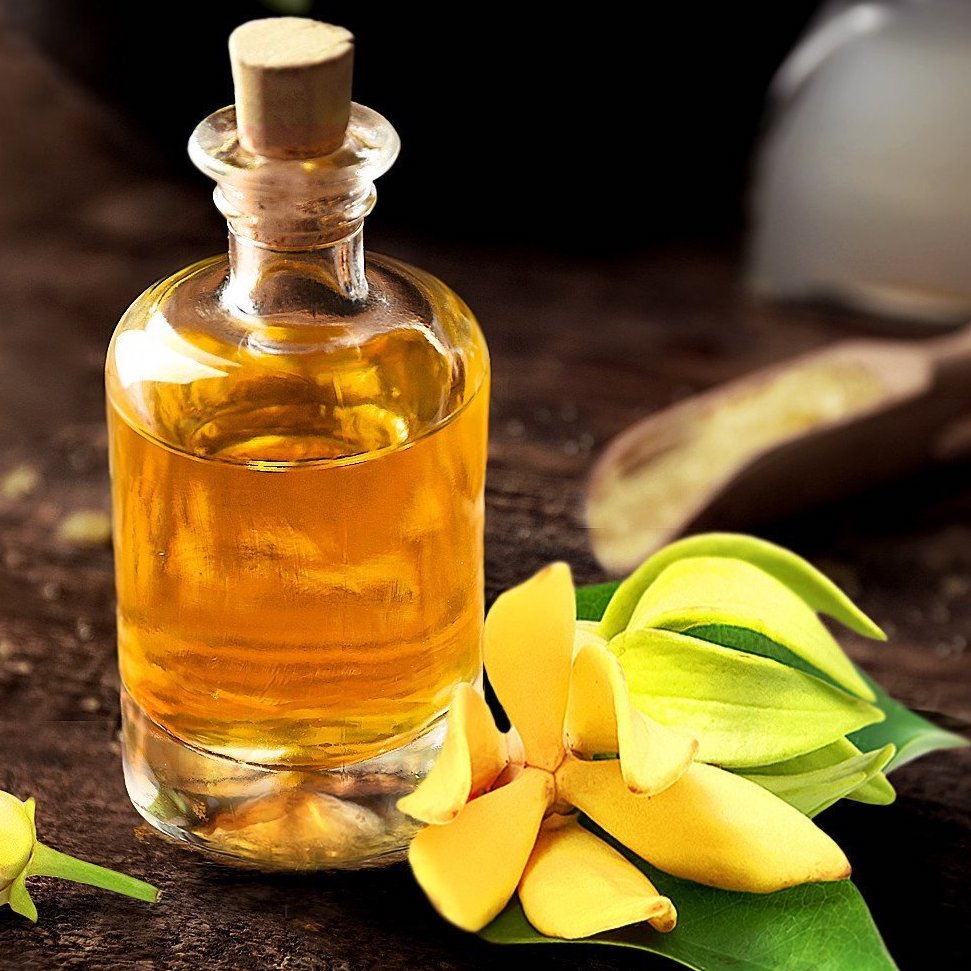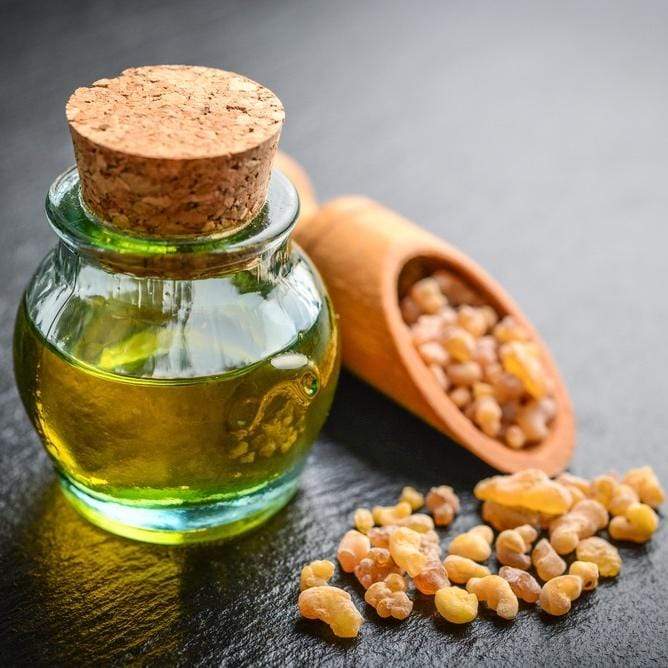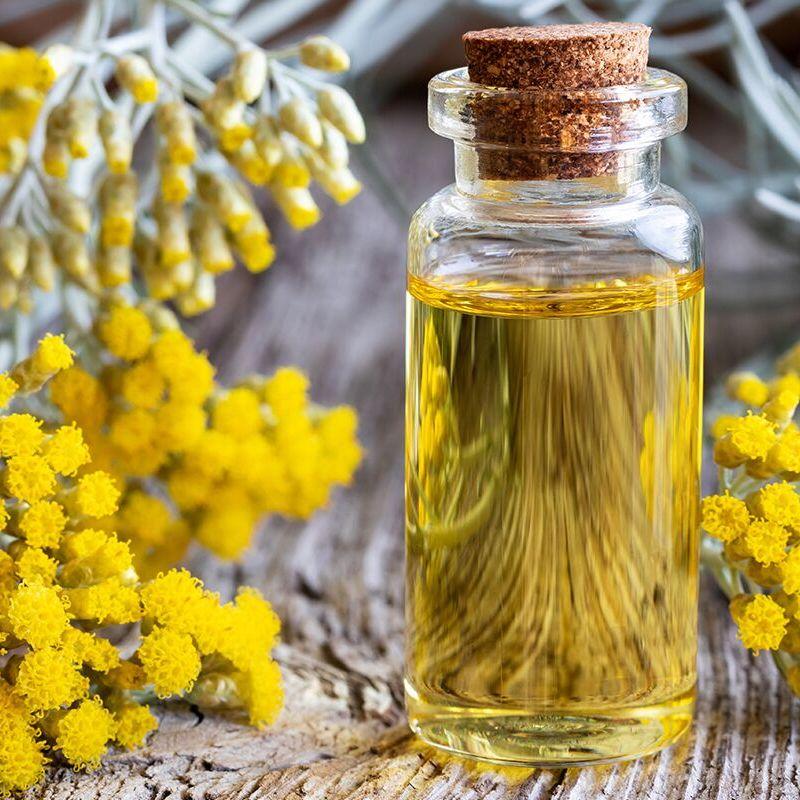Your Cart is Empty
ORGANIC 1 is OPEN: 🇺🇸 FREE Shipping in USA
Essential oils are among the best natural ways to enhance the vitality and the appearance of the skin. They can be diffused for inhalation, used for cleaning or applied topically. Moreover, these oils are usually plant-based and contain chemical compounds that have several benefits to your skin.
The essential oil you choose for your skincare regimen will depend upon your personal needs. Ylang Ylang is one of the most gentle essential oils yet, has amazing skincare benefit, and is also an aphrodisiac with a sensual scent. It has low amounts of aldehydes and phenols, which are compounds that commonly cause skin irritation.
A good skincare routine makes your skin healthy and will save you lots of money in the long run. If you keep up with it, you can avoid common skin problems like acne, deep wrinkles, and hyperpigmentation among other skin problems. Read on to learn why adding Ylang Ylang essential oil to your regimen is so worth it.
About Ylang Ylang Essential Oil
Ylang Ylang essential oil is derived from the flowers of the Cananga odorata and is commonly used in aromatherapy applications. Ylang Ylang is produced from the Ylang Ylang tree that grows in tropical areas of the Philippines, Indonesia, and Malaysia. However, nowadays the Ylang Ylang tree is grown in many places.
Ylang Ylang means “flower of flowers.” It gets its name from its strong floral scent. Ylang Ylang is used in topical medication to balance and control the production of oil in the skin.
Components of Ylang Ylang
● Benzyl benzoate
● Linalool
● Caryophyllene
● Methyl benzoate
● Benzyl acetate
● Geranyl acetate
● p-cresyl methyl ether
● sesquiterpenes
The Skincare Benefits of Ylang Ylang
Soothes skin irritation
If you struggle with oily, cracked, or uneven skin, Ylang Ylang might just be able to help with its antimicrobial properties that help relieve skin irritation and redness. Read on to learn more:
Removes Acne
Acne affects people of all ages. It occurs when the hair follicles of your skin become clogged with oil, dead skin, and bacteria, As a result of this clogging, whiteheads, blackheads, pimples, red bumps, oily skin, and scarring appears. The scars are deep and cannot be cleared completely when the skin repairs itself.
The use of Ylang Ylang essential oil prevents toxins from seeping through the skin. Due to its anti-inflammatory and antiseptic properties, applying Ylang Ylang to your skin helps regulate sebum production and reduces the appearance of oily skin. Ylang Ylang is also good in preventing acne flare-ups because it’s gentle and soothing.
Anti-inflammatory
Skin itchiness, puffiness, redness, and swelling are all indicators of damaged or dry skin. Ylang Ylang has anti-inflammatory properties that can help relieve discomfort. Seborrhoea is a disease caused by the malfunctioning of the sebaceous glands; seborrhoea or eczema happens typically on the cheeks or scalp. The skin then turns red and uneven in appearance.
Ylang Ylang essential oil has been found to treat skin diseases like eczema, skin irritation, and reduces acne by controlling the production of sebum and treating skin infection.
Has antibacterial and anti-fungal properties
Ylang Ylang essential oil can be used to fight bacteria cause boils and carbuncles, S. aureus bacterium. You can also use Ylang Ylang to treat wounds that are susceptible to serious infections like sepsis and tetanus, which in turn speeds up healing. It is also an anti-fungal that fights against Candida albicans.
Anti-aging
Ylang Ylang improves the appearance of aging skin by speeding up the rate at which cells are regenerated. Additionally, Ylang Ylang has toning effects that help soothe the wrinkles as well as balance the production of sebum.
Anti-melanogenesis
Studies have shown that high-quality Ylang Ylang essential oil has a high percentage of active components terpenoids, which have shown a promising result as a natural therapeutic agent for the treatment of various skin disorders.
Upon topical application, Ylang Ylang essential oil can lead to the whitening of the skin. This is because the oil has a melanin inhibiting effect which is exerted by the compound Canagaterpene-1.
It doesn’t matter the type of skin you have; everyone with skin colors of all types face these challenges every day. Oily skin accumulates dirt and bacteria very quickly. On the other hand, people with dry skin may work even harder to get a shiny appearance. As a result, their pores might be larger than usual.
Bottomline: Ylang Ylang essential oil is suitable for every type of skin.
According to NCBI, Ylang Ylang preserves a youthful glow and prevents signs of skin irritation and aging. Additionally, it helps fight skin melanoma and cancer cells. Ylang Ylang is safe for children as well as for adults. In fact, it has been used for centuries in wedding and religious ceremonies due to its nourishing and protective properties. Refresh your skin today with this proven and tested essential oil, available in Face Essentials Daily Protect from Organic 1 Co.



